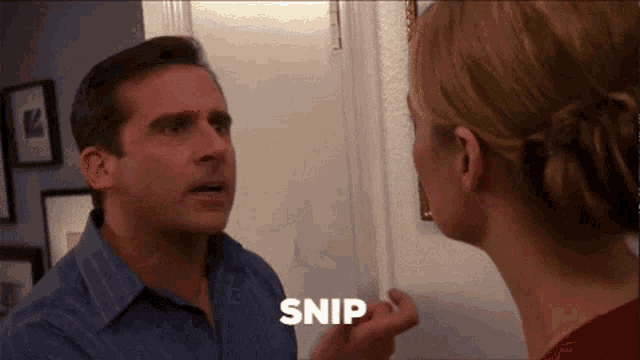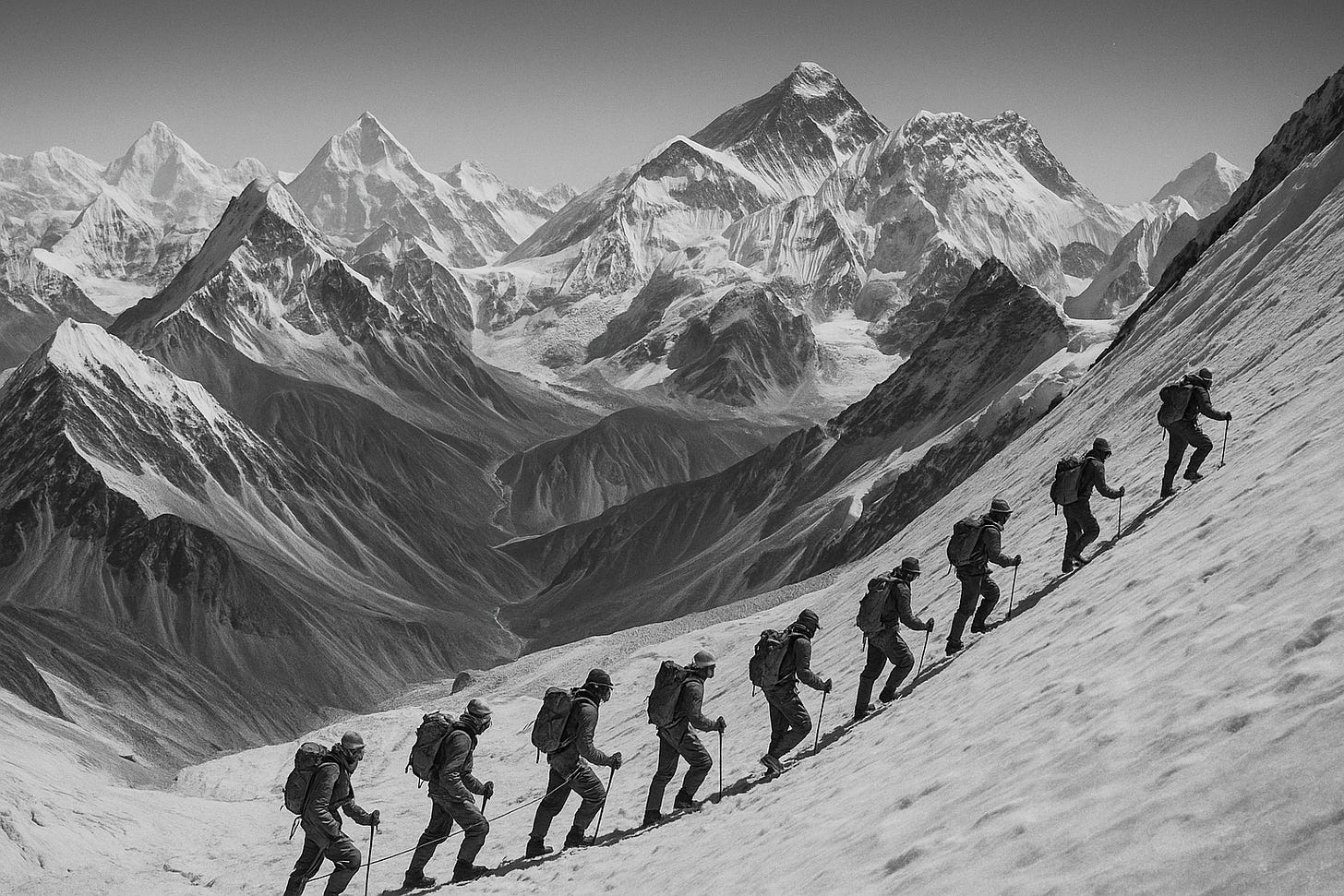1 / welcome back to substack…
I tried to move to wordpress. I tried to like it. At the end of the day, I think substack is a better experience for me, and for you! so…we’re back.
If you aren’t subscribed yet to substack. Make sure you do so, if you are, don’t worry, you don’t have to unsubscribe at my site, everything is redirected to substack.
2 / wolow is now dokeo
Why the name change? Sometimes, life is just about starting things and not really having a plan. That’s how I started writing. I didn’t plan to be a writer, or to build some kind of community. My vision was just to pursue and examine my own thoughts, and hopefully they are helpful to you.
I haven’t written as much here as I would like to. But that doesn’t mean I haven’t been writing. In the past couple years, I’ve written 7 books. Three as a ghostwriter, one as a co-writer, and three on my own. I’m currently writing my fourth book. I’ll get more into where my writing is going later, but something interesting happens when we just start doing something.
In 1950, Scotsman William H. Murray and three of his friends were former POWs and wanted to start their lives over again after World War II. They decided to climb an unmapped section of the Himalayan mountains that no climber had ever reached. In most cases of global exploration throughout history, nations have funded large expeditions that were frequently lavish and slow. They thought about approaching the Scottish government for help, but decided to climb the 9 peaks they identified by pooling their war savings. They summited five, two of which were over 20,000 feet. In his book on the experience, Murray wrote:
Until one is committed, there is hesitancy, the chance to draw back, always ineffectiveness. Concerning all acts of initiative (and creation), there is one elementary truth, the ignorance of which kills countless ideas and splendid plans: that the moment one definitely commits oneself, then Providence moves too. All sorts of things occur to help one that would never otherwise have occurred. A whole stream of events issues from the decision, raising in one's favour all manner of unforeseen incidents and meetings and material assistance, which no man could have dreamt would have come his way. I have learned a deep respect for one of Goethe's couplets: Whatever you can do, or dream you can, begin it. Boldness has genius, power, and magic in it!”
Murray was describing the moment that he and his team committed all their resources and time to the climb. Instead of believing they could do it, and talking about it, they took responsibility and committed fully. What happened in their story? Almost as soon as they bought their tickets, they met veteran climbers who offered maps and contacts. A Swiss official stamped their travel papers overnight. A missionary’s wife in Tibet introduced them to porters who worked with them for four months. When they arrived in India, 27 of their crates went missing for days. 12 hours before they were supposed to sail away, Bombay customs suddenly discovered their missing crates. On their climb, the weather parted exactly when they faced high passes, and they saw avalanches roar by without harming them.
One of the laws of the universe is the law of commitment. When we dedicate ourselves to a certain path, we set in motion forces that would never have otherwise been activated.
What’s happened in my life over the past few years is nothing short of extraordinary. Wolow started as a funny name for a random collection of thoughts that weren’t all that strategic. My overall goal was - and in many ways still is - to create a life worth following and to somehow document that.
Things are a lot different for me now. Once I committed to the idea of being a thinker, writer, and speaker, forces were set in motion that I never anticipated. What I have the privilege to do now is to create a philosophical world and community, something I had no plans to do even a year ago.
This is the first step towards doing that. The Greek word (dokeō) is a word that was used frequently by ancient philosophers to describe things they believed to be right. It’s like a person saying “this seems good to me.” Some of what seems good to us is actually good. Some of what seems good isn’t actually good. What I write here represents by best current thinking, but also, is a progression through my own thinking. Hopefully from what seems good to what actually is good.
3 / The “philosophical world”
Over the past few years. I have had the privilege to do a lot of thinking on my own life. What my meaning is, who I am, and what I want to do with my life. I think this is something that all of us should do. I’ve thought about these things for a long time. I turned 38 six weeks ago, and for the first time in my life, I have a level of clarity.
There’s something interesting that happens at the intersection between our development, passions and pursuits. I think the realization of who we are is directly tied to what we are interested in, and what we care deeply about. The more we pursue these things, the more who we are is realized.
I was 13 years old when the movie Gladiator came out in 2000. That movie introduced me to a person named Marcus Aurelius. I learned that Marcus was a real person, even though the movie was fictional. From that time, for more than 20 years, I’ve been fascinated by the world of ancient philosophy. I also grew up with a philosopher for a father, who taught me how to be one.
I’ve always loved history too. My favorite films are mostly documentaries, I loved the History Channel when it wasn’t solely focused on reality TV, and my favorite website is Wikipedia. I love stories, and I love true stories even more.
When I was 16, I read Theology: The Basics by Alister McGrath. This book was my introduction to the study of the infinite. Stephen Hawking said that his life quest was “trying to understand the mind of God.”
All three of these things have come together in my life to form what I feel like my mission is.
Philosophy represents the pursuit of understanding ourselves. Theology represents the pursuit of understanding what is outside of us. History shows us how people who have come before us have tried to understand these things and can guide our own quest.
Ephesians 2:10 gives us God’s perspective on our lives: “For we are God’s masterpiece. He has created us anew in Christ Jesus, so we can do the good things he planned for us long ago.”
The Greek word that Paul uses here for masterpiece is ποίημα (poíēma) / a unique creation unlike anything else, a work of art and divine inspiration.
This verse tells us two things:
Your life, like a great masterpiece is 1:1.
God planned for you to do great things “long ago.”
The more I’ve thought about this verse, the more I have realized that life is an art form. Every day of our life is a brushstroke on a masterpiece that God has had a plan for us to paint even before we were born. I want to master the art of living. I think that’s what God has created all of us to do. I want to help people learn to combine ancient philosophy, history and theology to help people master the art of living.
I’ve looked for a community to join, or a place where someone is doing this. I haven’t found it, so I’m starting it. In the next few months, I’ll be launching a skool community where we can all do this together. My writing, and thinking will be a part of that, but hopefully so will yours. The only thing that is holding me up from doing this is skool. They are making some updates to their platform that will allow me to do this in the way that I see us doing this. Once those go live, be on the lookout for an invitation to a free community where we can do this together.
4 / Some other things coming up
I’m launching a podcast within the next few weeks to help build this philosophical world I envision. We’re recording the first episode this week. I’ll make sure you are the first to know about it.
I’m working on a new book, and have some new friends helping me. 2026 is going to be a great year for that. I’m about 30,000 words (halfway) into it. I’ll have more information on that later in the year. But let me tell you what it’s about.
The Way to Live was not intended to be a book. It was a series of talks on “how to follow Jesus.” My dad heard those messages and told me they should be a book. I don’t dislike that book, but I also now have the opportunity to explore some questions I raised in that book that I never quite got to. I’m excited with how things are shaping up.
I’m going to continue the thread I have been on with the Vow of Prosperity here on substack. I’ll also have random thoughts to share more often with you.
What’s next?
This week, the writing moves back to substack. Get up to date on all I’ve written on prosperity by clicking here
New post on Jesus being poor (or not) goes live on friday
Be on the lookout for the invitation to the free community we’re going to be building, I’d love your help to get it off the ground.
Podcast is launching within the next few weeks, I’ll let you know about that too. Recording the first episode this friday.
Appreciate all of you, thanks for reading this far. I’m looking forward to these massive opportunities and sharing them with you. Many of you have been on the journey with me since I launched this, and I’m grateful you are a part of what is happening.


